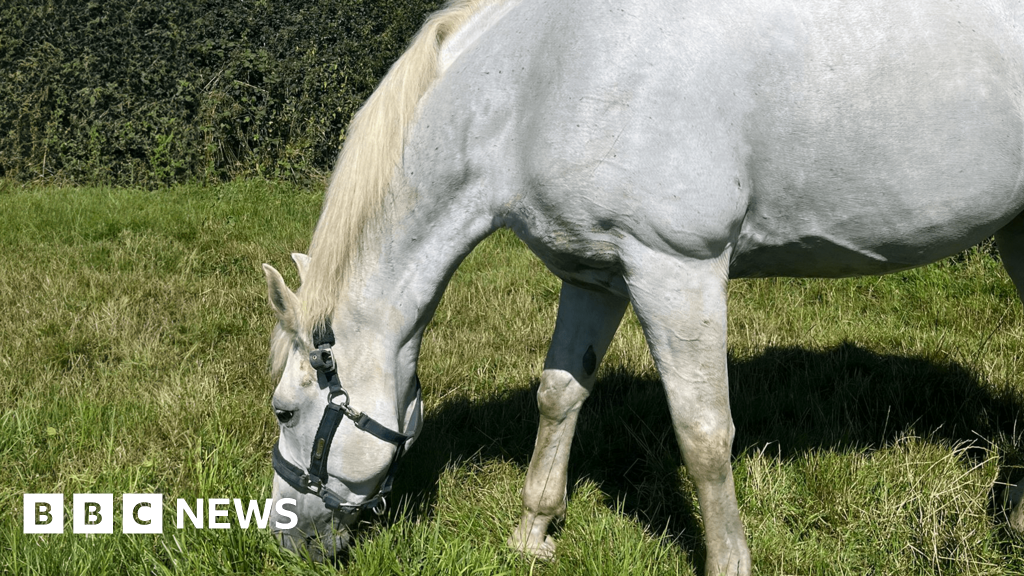Bussiness
Autumn warning for dog owners amidst acorn season – London Business News | Londonlovesbusiness.com

Dog owners have been warned to stay vigilant this autumn as acorns could pose a risk to their furry friends.
The pet insurance team at Quotezone.co.uk have urged dog walkers to be aware that acorns contain a chemical which, if ingested, can be harmful to their beloved pets.
This comes as a recent Quotezone survey showed 49% of people didn’t realise acorns were poisonous to dogs.
There are over 120 million oak trees in the UK – with one million in London alone.
Acorns typically fall from oak trees in September or October, and may continue to fall through November and December in some areas of the UK.
The green, unripe acorns are actually more poisonous than the brown ones, so dog walkers should take care to ensure they’re not consumed by adventurous pups.
If acorns are ingested, some symptoms to look out for which may be an indication of acorn poisoning include vomiting, diarrhoea, lethargy and drooling.
Although uncommon, if large amounts are consumed, acorns can even cause liver and kidney failure.
If acorn poisoning is suspected, dog owners should contact their vet immediately, as even a small amount of consumption can cause long term damage.
Pet insurance expert at Quotezone, Tiffany Mealiff, said, “We all love our four legged friends and want to do our best to keep them protected from anything harmful, so it’s important to keep an extra eye on them this autumn, especially if strolling through a wooded area.
“It’s surprising to see nearly half of those surveyed didn’t know acorns were poisonous to dogs. Although acorn poisoning is not that common, it’s best not to take any risks – especially if you have excited pups that enjoy nibbling on anything they can get their paws on.
“It’s also worth taking out a pet insurance policy, to protect you and your pets against situations such as this – most policies now include a 24/7 vet helpline for emergencies.”










